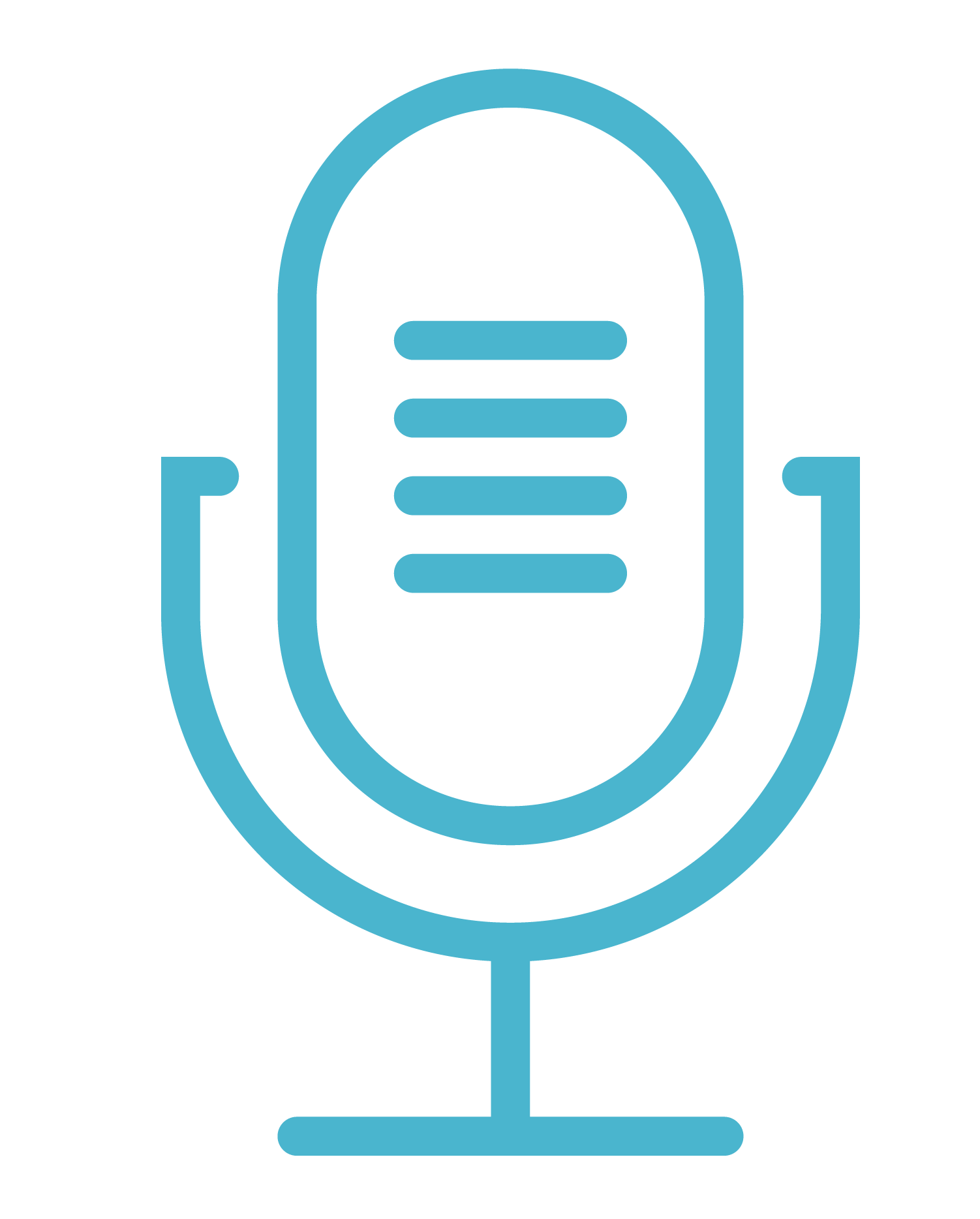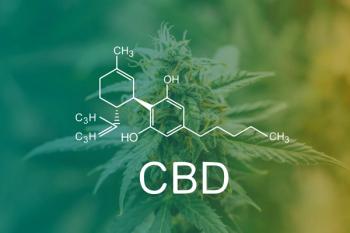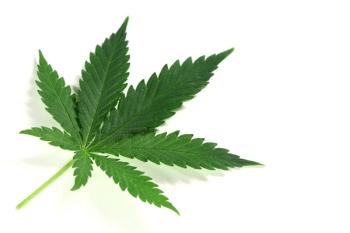
Medical Cannabis and Better Patient Care: Breaking the Stigma with Science and Education

Dr. Junella Chin, the Founder of MedLeaf RX and the Chief Medical Advisor for Yesterday Wellness, discusses with us the beneficial aspects CBD and how the medical field is beginning to incorporate the concept of medical cannabis into patient treatments.
The cannabis plant was used as a medicinal herb for thousands of years before its prohibition in the 20th century. As legalization for cannabis and hemp has spread across the US and globe since 1996, medical professionals are left to fill in the gaps of knowledge with their patients on its use. For instance, cannabidiol (CBD) is hailed as a treatment option for many conditions but many doctors are not taught about it or the endocannabinoid system in medical school. Dr. Junella Chin, the Founder of MedLeaf RX and the Chief Medical Advisor for
What inspired you to pursue CBD as a treatment option for your patients?
Dr. Chin: As a teenager, I was diagnosed with ankylosing spondylitis (AS), a progressive type of arthritis that affects the spine, pelvis, hips, and back and causes extreme stiffness and nerve pain.
I spent my younger years trying conventional treatments— epidurals, narcotics, muscle relaxants, acupuncture, physical therapy—but the pain was unrelenting. By the time I got to medical school in San Francisco, I was having difficulty standing for long periods in the operating room. One of the attending physicians saw this and asked me about it. I told him I had AS but that I couldn't take the meds I needed for relief while doing rounds or while attending a four-hour hip-replacement surgery because they made me drowsy and foggy.
Here, I was in a hospital surrounded by great medical minds, but I was disheartened to find nothing could help my condition. The attending physician and my mentor Dr. Levine pulled me aside and handed me a bottle containing a tincture. "This is marijuana," he told me, "but it won't make you high."
He didn't call it CBD oil. He just said it was a different type of cannabis plant. I was mortified but desperate. As a medical student, training to be a doctor, my first thought was, "You are offering me pot? You want to make me a drug addict?" I grew up in the Bronx, where there was a huge social stigma around marijuana. Kids that smoked weed were either the dropouts or involved in gangs. I also grew up in a very traditional Chinese household. My parents believed in “Reefer Madness”—that weed would led to psychosis and schizophrenia.
The little brown dropper bottle Dr. Levine handed me smelled like a combination of alcohol, wet dog, and grass, and I didn't know what to think. To my amazement, the tincture worked very well. The pain and inflammation of my arthritis decreased dramatically, my AS stopped progressing, and my health improved.
Even though California legalized medical cannabis in 1996, I didn't dare tell anyone I was using it. I was a young physician and didn't want to jeopardize my career. But once I got my health back, I decided to learn more about cannabis and how it helps manage pain and improve people's overall health and wellness.
Having suffered in pain for so long, I know what it feels like to say to your doctor, "I've tried everything, and nothing has helped."
I have been helping patients integrate medical cannabis into their health and wellness for more than a decade. Cannabis changed the trajectory of my life. I would not have been able to finish medical school and become a doctor had it not been for cannabis treatment. I had an educational advantage in doing my medical school training in California. California legalized medical cannabis in 1996. I was in the middle of a switch box and was able to engineer my circumstances to learn holistic and integrative cannabis medicine.
Do you face any scrutiny or stigma from other medical professionals for using medical cannabis or CBD as a treatment option?
Dr. Chin: In medical school, there is a "this is how we've always done it" syndrome. That is the conventional, allopathic medicine model. How did we come to believe that prescription medication is the only or most effective way to treat disease? We are taking a reductive approach. In medical school, we are trained in identifying what's bad in your body and then to get rid of it. This is only part of the puzzle. We often get locked into this one-size-fits-all thinking. There is no one-size-fits-all when it comes to working with plant medicine like cannabis. Botanical remedies have been mainstays of folk medicine in many cultures throughout history. Phytocannabinoid medicine is on that list. We also have to remember there are synergistic effects of the complex compounds found in plants. When we try to isolate one of those molecular compounds and take its’ pure form, not only may you not get all the benefits, but you increase risk by taking them out of context.
What resources do doctors and other medical professionals have to learn more about cannabis as a treatment option?
Dr. Chin: Unfortunately, there are very little resources since it’s still not taught in medical schools.
What benefits have you seen with CBD in your patients?
Dr. Chin: Over the last 15 years, my medical cannabis career has been based on anecdotal and clinically applied evidence. I help patients integrate medical cannabis in the context of a full-scope general and holistic medical practice. CBD is an empowering medicine. The cannabis plant is unique. There is no precedent, no other drug in the world that we are using recreationally and medicinally for therapeutic uses. The historical record of safe use is unparalleled.
The endocannabinoid system (ECS) modulates and interfaces with all of the other systems throughout your body. It regulates physical functions, such as movement, pain sensation, immune responses, and cognitive or mental capacities, such as perception, mood, and memory. The ECS naturally produces cannabinoid-like molecules that stimulate the body's endocannabinoid receptors. These receptors are in the brain, muscles, and fat (adipose tissue). There is a galaxy of cannabinoid receptors in the digestive system.
How does CBD affect the way the brain processes emotional memories (for example, in patients suffering from PTSD and other psychiatric disorders)?
Dr. Chin: Anxiety, stress, and chronic sleep deprivation all inhibit Gamma-Aminobutyric acid (GABA), a naturally occurring brain chemical that directs neurons to slow down or stop firing. This neurotransmitter also helps to induce sleep, relax muscles, and calm us down. In essence, GABA directs the body to chill out.
Cannabis modulates GABA, helping return the body to its more normal functions. Careful dosing may help stem the racing thoughts that cause disrupted sleep and panicked awakenings during the night. It can also be used to treat what are called “parasomnias,” sleep disorders such as jaw grinding, sleepwalking, or nightmares.
The “cannabis molecules” produced by your own body (endogenous cannabinoids) make you resistant to stress, similar to the way endorphins provide natural relief from pain. Integrating optimally-dosed cannabis products can help bring the body back into balance.
Cannabinoids also work to
How do the different state regulations the US impact your work? For instance, is it more difficult to treat patients in New York compared to California?
Dr. Chin: Every state has its own medical cannabis laws that we have to adhere to as MDs. I have not found it more challenging to practice in New York versus California.
Do you feel that CBD may become more sought out and the future for treating not only neurological disorders but other ailments as well? Have you studied any other cannabinoids?
Dr. Chin: At last count, the cannabis plant contains more than 500 chemical compounds, many of them only in trace amounts. We need more research, but the research needs to focus on the fundamental understanding of what is going on with the whole plant and not selecting out individual molecules like we know what we are doing. Again, we are looking at this field from a "disease-target-kill model." Allopathic medicine takes the reductive approach. We are separating disease into its parts, element by element, component, and subpart, and then using drugs to attack these separate targets. CBD is part of a whole plant. There's a whole universe of regenerative medicine, nutritional medicine, preventative, and integrative medicine. Cannabinoid science and the push for cannabis legalization is teaching us a vital lesson. It is reframing our thinking about medicine and healthcare. It also raises some of the most critical questions about how we think about medicine in the future.
What would you like to see change in medical cannabis regulations in the United States?
Dr. Chin: I think we needed a guide to cannabis and CBD a while ago—it almost feels like we are racing to keep up with the explosion in popularity of CBD in particular and nobody understands what it is, how to use it, or even what they are actually getting. As states legalize and as the federal government is trying to figure out what a "legal CBD market" looks like, the general public is caught in the middle with very little quality information about cannabis.
For example, most people don't realize that CBD comes from the cannabis plant, it is a chemical compound extracted from theCannabis sativa plant. In the US, the CBD we can "legally" purchase is defined as coming from "industrial hemp," however, the hemp plant is Cannabis sativa, it is just a cultivated variation of the plant that is being farmed and used in legal medical and recreational states to produce the cannabis containing THC, another chemical compound in the cannabis plant. The main difference is that the hemp plant is a low resin plant containing very low amounts of THC.
Of course, there is, and will continue to be, stigma around cannabis. First, it is still federally illegal and most people don't realize that it isn't illegal because it is dangerous but it was made illegal for economic reasons. There were decades of deliberate propaganda that resulted in movies like "Reefer Madness" in the 1930s and the "Just Say No" campaign in the 1980s.
Fear, bigotry, and greed led to the vilification of the medicinal cannabis plant and the versatile hemp plant. It is hard to abolish decades of misinformation, not to mention the decades of criminalization of cannabis and the imprisonment of mostly people of color for possessing cannabis. As long as the plant is federally illegal and people believe the misinformation, there will still be a stigma.
Patients are looking for reliable information but there are few, trusted healthcare-provided resources. Healthcare practitioners receive little or no education regarding medical cannabis.
As doctors, we need to be capable of engaging in meaningful discussions with patients regarding the potential harms and the benefits of cannabis and safely help them manage their diseases and improve their quality of life.
I always say I'd like to see "cannabis in every medicine chest"—that it is accessible to all people who need it. But we still have a long way to go. We do have to remember that there are counter indications and cross reactions of CBD and cannabis with other prescription medications and certain health conditions. Cannabis is not a cure-all, and it works differently for each person so just because it helped their friend or neighbor with a particular ailment or condition doesn't mean it will work the same way for them.
Rescheduling of cannabis to Schedule II, III, IV, or V presupposes that there is an FDA-approved pharmaceutical that can be prescribed. That is not the case. Even with Epidiolex (CBD extract) approval for severe epilepsy in 2018, it does not carry over to other forms of CBD or cannabis in any way.
In the University of London’s study (4), what are your opinions and hopes of their findings?
Dr. Chin: I think this UL study is promising and more research is needed. When vessels that supply blood to the brain are too clogged or damaged, this can result in a decline in cognitive function, memory loss, and difficulty making executive decisions. In addition, mobility and balance get impaired, too. Increasing blood flow to areas in the brain help to maintain cognitive faculties as we age and perhaps increasing memory in Alzheimer’s disease patients.
How does CBD increase the cerebral blood flow throughout the brain?
Dr. Chin: The mechanism of action with respect to increase cerebral blood flow on the brain is unclear.
References:
Newsletter
Unlock the latest breakthroughs in cannabis science—subscribe now to get expert insights, research, and industry updates delivered to your inbox.




